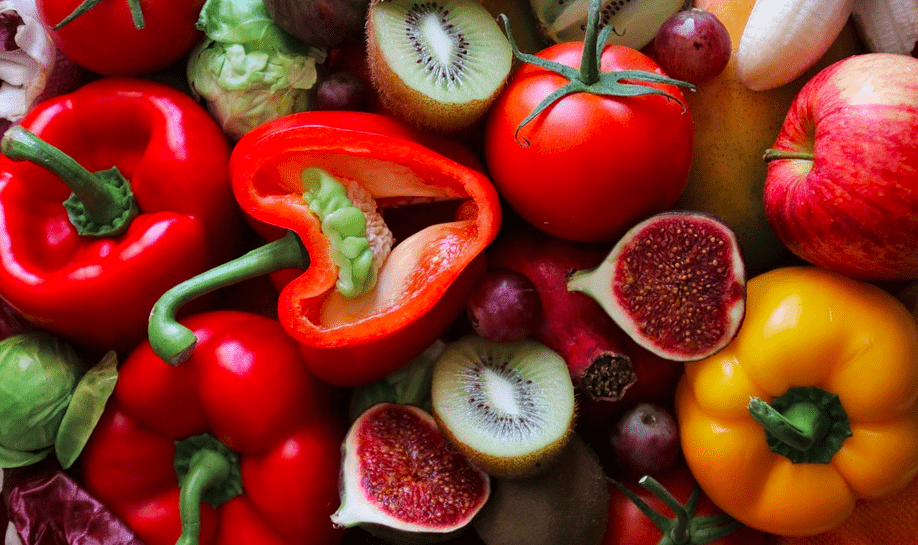The production of animal-based products is essential for the conservation of the environment, veganism is not a sustainable solution. According to an interview the Telegraph conducted with the Director of Global Academy Agriculture and Food Security at the University of Edinburgh, Prof. Geoff Simm, there has been too much focus on the costs of livestock farming rather than its benefits.
Individuals who farm for a living feel they’re being attacked by environmentalists, due to recent claims that the production of meat has a negative impact on the environment.
However, Prof. Simm argues that meat is essential for the “cognitive and physical development” of children as it provides protein and energy for the functioning of their developing bodies.
Furthermore, Prof Mike Coffey, who works at Scotland’s Rural College, shares the same view as Simm. He thinks that if the whole UK population stopped consuming animal products, it would be unsustainable for the land’s biodiversity, as livestock plays an essential role in it.
Prof Coffey also recognises that more needs to be done to make livestock farming more environmentally friendly. To achieve this, he says that farmers should choose bulls to breed cows that emit less methane and this option could be available as soon as next year. Once researchers find the breed of cattle which consumes less and can be used for farmers’ purposes, it could lead the farming industry to reduce its carbon footprint by almost a third.
On the other hand, The Guardian published an analysis of a study conducted by Poore and Nemecek, released by the journal Science, supporting the notion that cutting meat and dairy out of our diets could minimise the use of land, for these purposes, by at least 75%.
In the same article, the newspaper also interviewed Prof Tim Benton, from the University of Leeds, who supported the reliability of the study. He also said that considering the global problem of obesity and the climate crisis, reducing the amount of meat we consume and perhaps substituting it with vegetables and fruit, would be beneficial for humans as well as for the environment.
The non-profit organisation People for the Ethical Treatment of Animals (PETA) also argues that factory farms pollute air, due to greenhouse-gas emissions coming from animal waste, and water, due to the large daily production of manure which ends up in groundwater.
Additionally, it said that in the US only one pig drinks 95 litres of water while a cow drinks more than twice as that, showing how the industry consumes a lot of resources. The article also highlights the danger of believing food labels when including words like “organic” and “free-range” as rules to avoid animal cruelty are not always respected. This illustrates how labels can’t be always seen as a reliable source of truthfulness regarding the brand’s ethics.
Even though veganism could help the environment, as it doesn’t encourage the large amount of land used by livestock farmers, it’s quite improbable that the whole planet’s population would abandon their diet habits. Paul McCartney also said, in an interview with the National Geographic, that pressuring people to “to change their whole lifestyle” is unattainable, but that just changing your eating habits once a week could help save the Earth.
The Beatles’ member is supporting the Meat Free Monday campaign and he’s a vegetarian himself. He supports small farming businesses, but highlights that the main issues stem from mass production where several animals are obliges to live in very small spaces and therefore are subject to cruelty, besides polluting the environment.
However, not all dairy and meat-producing companies are defiant of their environmental impact. For example, the farmer Bryce Cunningham now uses reused glass bottles instead of plastic ones to contain his produce, becoming the first milk company in the UK to abandon mono-use plastic.
Moreover, Dawn Meats received the ISO 14001 Environmental Management Certification thanks to their initiatives to be more eco-friendly. The Irish producer saved “10,000 m3 of water per annum and up to 70,000 liters of oil a year” while changing their packaging to minimise the use of cardboard so it can be recycled.

